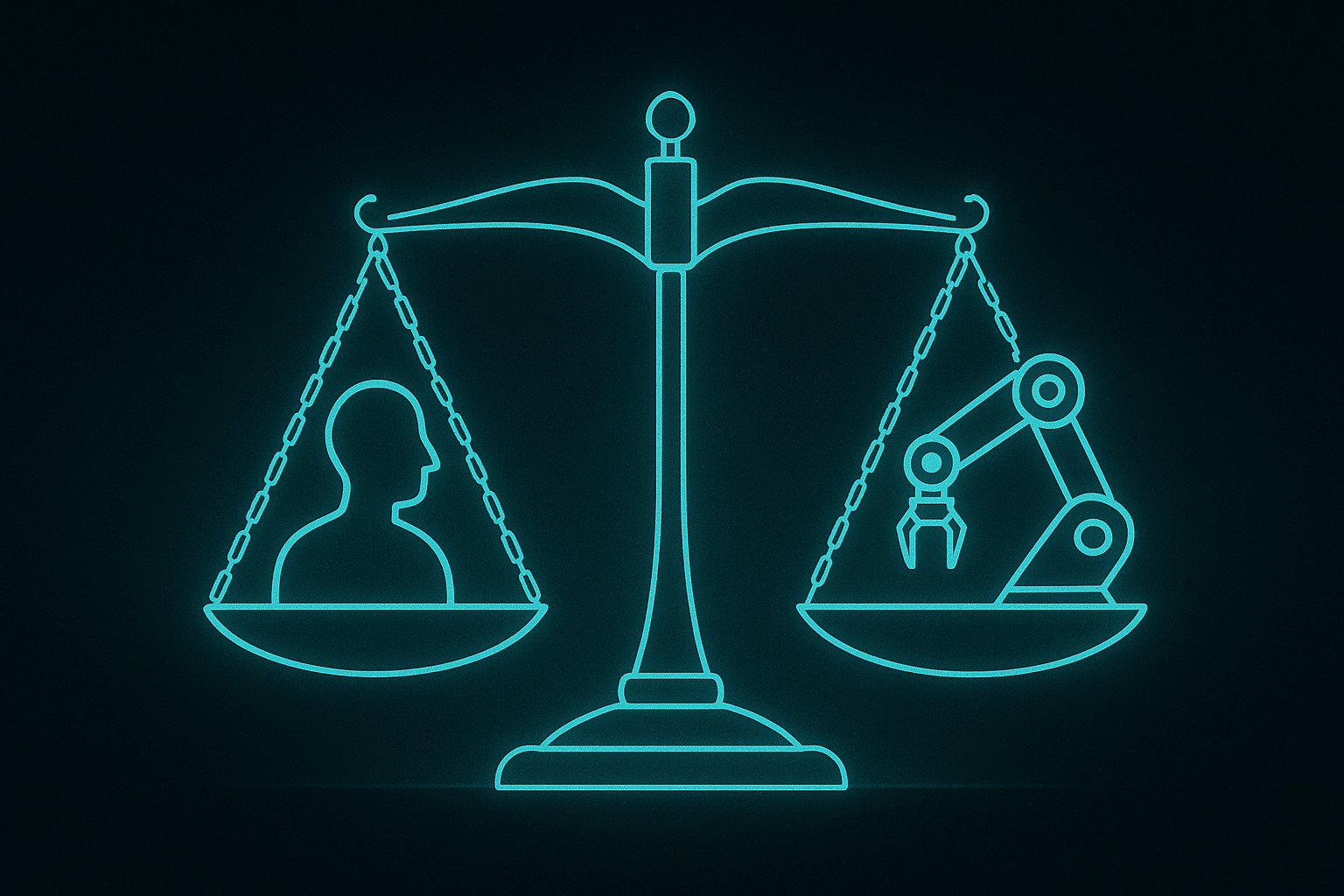From the Desk of Dr. James Norrie
What if the biggest threat to our economic future isn’t a trade war or migration — but artificial intelligence? Beneath today’s headlines lies a force advancing at breakneck speed, quietly reshaping the global economy and redefining what “work” means.
AI-driven automation isn’t just eliminating factory jobs. Entire professions — from paralegals and accountants to marketers and customer service roles — are already at risk. Unlike past industrial revolutions, where society had decades to adjust, this transformation is unfolding in mere years.
Disruption Beyond the Margins
AI will ripple through the center of society, displacing millions. Jobs may return in name, but not in number. Manufacturing 4.0 will run on robotics, sensors, and software, replacing thousands of assembly line workers with just a few engineers. The result? Shrinking tax revenues, rising social costs, and deepening inequality.
The Paradox of Productivity
The rewards of AI will concentrate in the hands of platform owners, while the pain is borne by workers and communities. Efficiency rises and profits soar, but wealth gaps widen. This paradox raises a critical question: Do we want this kind of future?
The Choice Ahead
History reminds us that the future is shaped by collective choices. We can allow AI to hollow out work and deepen divides — or we can pause, reflect, and rewrite the rules. With bold policies on ownership, taxation, and public benefit, AI’s power could fuel shared prosperity instead of concentrated gain.
Reflective CTA:
The question isn’t whether AI will change our world — it already has. The question is how we will respond. With imagination and courage, we can turn disruption into opportunity. Join Techellect in shaping an AI future where humanity remains at the center.


